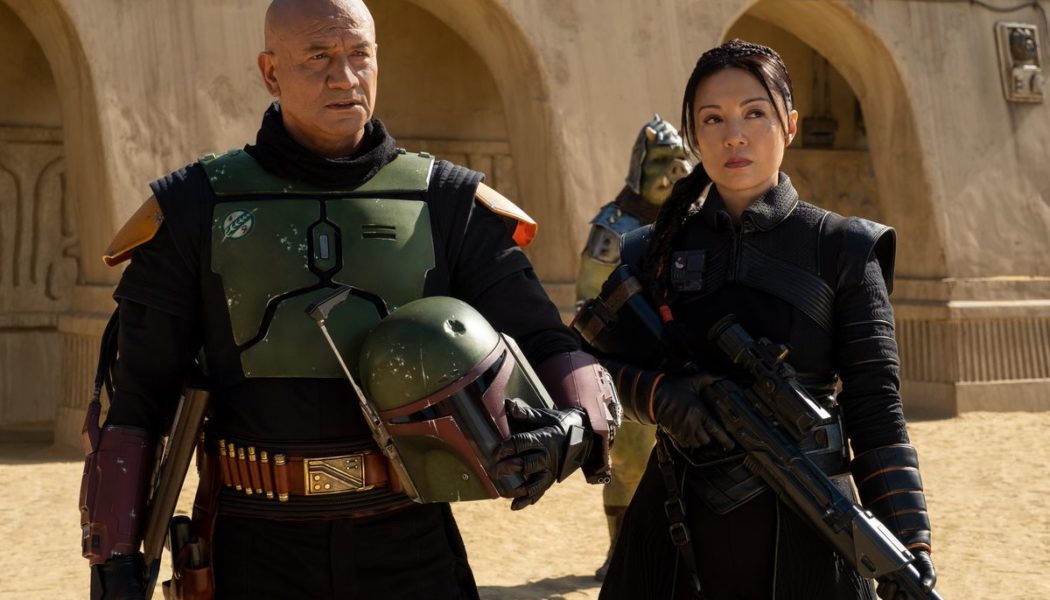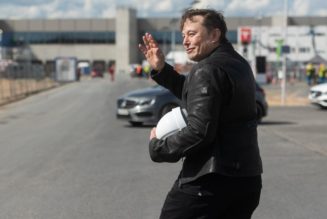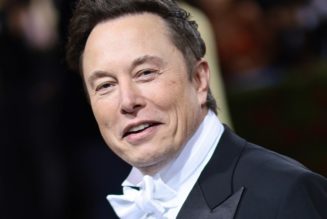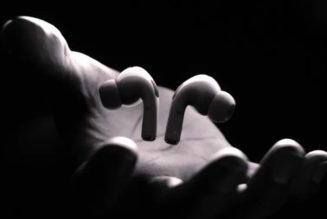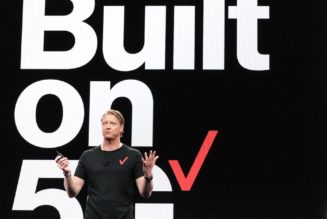The Book of Boba Fett finally is giving its titular character the spotlight.
The fan-favorite bounty hunter has long lurked in the margins of Star Wars’ history: his brief introduction in an animated short during the infamous Star Wars Holiday Special; and his rocketing to popularity thanks to his iconic armor (practically designed to sell action figures) despite his brief appearances in The Empire Strikes Back and Return of the Jedi, his shoehorned backstory in Attack of the Clones, and a half-baked arc in The Clone Wars. For all that, Fett himself has been an enigma, a blank slate of badassery that’s never been filled in.
But after years of rumors of a solo film, an aborted history in the (since excised from canon) Expanded Universe books, and a surprise resurrection in the second season of The Mandalorian, Boba Fett is finally taking center stage in his own spinoff series, The Book of Boba Fett. It has the potential to be an interesting look at a new corner of the Star Wars universe beyond the titular interstellar battles for galactic supremacy or the machinations of the Jedi and the Sith — but right now, there are still a lot of blank pages that the show doesn’t seem to be in any rush to fill in.
Warning: Spoilers for The Book of Boba Fett, episode one ahead
:no_upscale()/cdn.vox-cdn.com/uploads/chorus_asset/file/23131934/BUC_002414_R.jpg)
A Boba Fett show once seemed like the sort of thing that would practically write itself. A bounty hunter, clinging to his sense of honor and unique moral code as he takes on odd jobs hunting the galaxy’s most wanted criminals and getting tangled in the wider machinations of the Empire and the New Republic alike — it seems like the perfect pitch for a Star Wars TV series. The problem, of course, is that Lucasfilm already made that show: it’s called The Mandalorian, and it starred a different armored Mandalorian hero that very much isn’t Boba Fett.
So where does that leave the original masked bounty hunter in his own series? Well, as The Book of Boba Fett’s first episode shows, somewhere old and somewhere new.
The show starts by filling in some of the gaps in history between when fans last saw Fett (Temuera Morrison) disappearing into the mouth of the almighty sarlacc living in the Great Pit of Carkoon, finding “a new definition of pain and suffering” as he “was slowly digested over a thousand years,” and his return in The Mandalorian (set five years after Return of the Jedi). We see how he escaped (an almost pedestrian combination of durable Mandalorian armor and his wrist-mounted flame thrower), how he lost his armor (Jawas), and his capture and adoption by the enigmatic Tuskens.
It then jumps ahead to after The Mandalorain’s second season post-credit scene: when Fett and his partner, the assassin Fennec Shand (Ming-Na Wen), kill Jabba’s former majordomo, Bib Fortuna, and lay claim to the infamous Hutt’s crime empire.
Barring a Baby Yoda-level twist in the coming weeks, The Book of Boba Fett seems like it’ll be spending the next six episodes telling both of these stories: filling in his missing years with the Tuskans (because if there’s one thing Star Wars hates, its leaving literally any piece of backstory unexplained) and his rise as a new kind of power in Tatooine’s political and criminal world, like a sci-fi version of The Wire with the edges sanded off to be more family friendly.
Fett is still a man of few words — the episode goes a good ten minutes before a single line of dialogue is spoken — but he’s determined to try to run things differently in Mos Espa than Jabba did. “Jabba ruled through fear; I intend to rule through respect,” he growls, eschewing Jabba’s habit for elaborate litters carried through the street and attending meetings in person rather than sending minions.
The problem is that Fett is almost charmingly bad at being a crime lord. He and Shand are utterly unable to understand a visiting vassal; he gets shown up by the mayor, whose unctuous lackey demands that Fett pay tribute instead; and he gets ambushed almost immediately on his first visit to Mos Espa. If Boba is going to fill Jabba’s metaphorical boots (I’m assuming Hutts don’t wear shoes), he’s going to need to get better at this, fast.
But The Book of Boba Fett also has a much bigger task than a new crime empire or some expository backstory: filling in Fett’s conspicuously missing character and motivations. Right now, the show’s ostensible hero is still a blank slate. Despite appearances in two films and more than one episode of The Mandalorian, his most defining moment is still a decades-old warning from Darth Vader that disintegrations are off the menu for his chase of Han Solo.
:no_upscale()/cdn.vox-cdn.com/uploads/chorus_asset/file/23131943/BUC_048740_R.jpg)
What is Boba Fett actually doing here? Tatooine isn’t a particularly fun place to live. (As Luke Skywalker once described it, “If there’s a bright center to the universe, you’re on the planet that it’s farthest from.”) Why does Fett, the galaxy’s most infamous bounty hunter, want to fill Jabba’s shoes and be a mob boss on a backwater desert? Is it just about the money? A cozier retirement plan than chasing down ne’er-do-wells? Some (already hinted at) pity for the poor moisture farmers suffering under Jabba’s empire’s boot?
In short, The Book of Boba Fett needs to show us what Boba actually cares about, other than looking like a badass (which, admittedly, he does very well).
Boba Fett has had a reputation for decades as one of Star Wars’ coolest-looking characters. But if The Book of Boba Fett is going to succeed, it needs to do more than talk the talk: it’s time for Fett to walk the walk of the towering reputation that he supposedly has and let us learn more about the man inside the armor.
